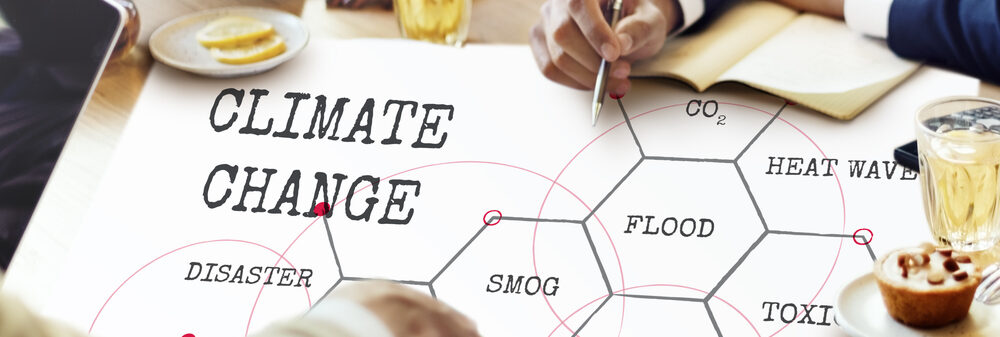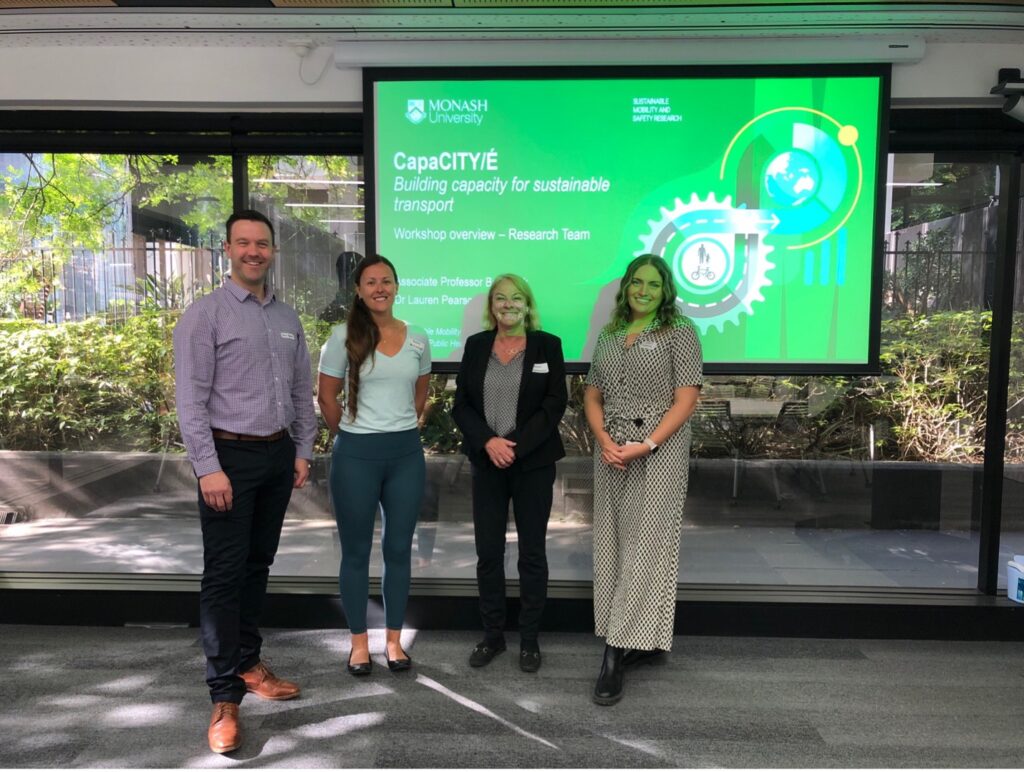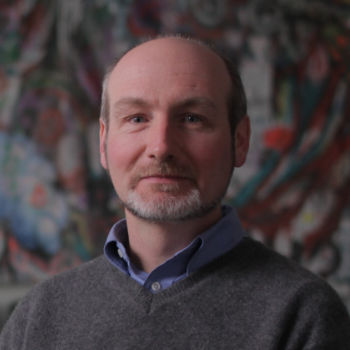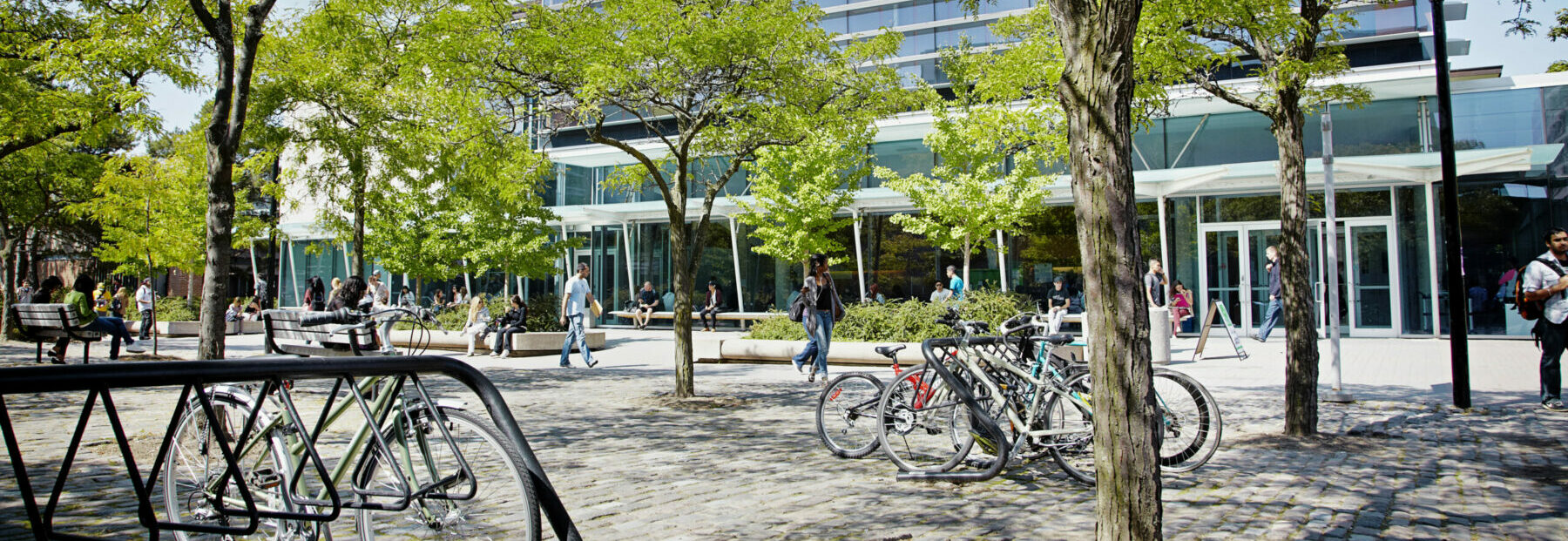La version française suit la version anglaise.
Dear colleagues,
We are happy to announce the launch of a community consultation period to help inform the renewal of York University’s Sustainability Strategy. Originally published in 2017, this strategy is critical to ensuring we meet our bold sustainability commitments and uphold our collective responsibility for environmental stewardship.
We are seeking your input to help us develop a data-driven strategy to drive our whole-institution approach to sustainability. Consultations will be led by Mike Layton, chief sustainability officer, and will be open to all students, faculty, instructors, staff and alumni. Through renewal of the strategy, we hope to build awareness, create opportunities to engage all members of our community on sustainability-related topics, promote sustainability as one of our core values, generate feedback to inform the new strategy and inspire lifelong commitment to create positive change through environmental sustainability.
We encourage all community members to review our previous strategy before providing feedback through the following channels:
Please note that personal information shared throughout the consultation process will remain confidential. Feedback will be used to guide and inform strategy development in advance of the renewed strategy’s anticipated launch in 2024.
Aligned with the University’s mission of the pursuit, preservation and dissemination of knowledge, York is also releasing its own detailed emissions data and ecological footprint assessment. With its release, York becomes the first Canadian institution to compile and publicize its own comprehensive emissions data and Ecological Footprint assessment.
As the third largest university in Canada, York has an extensive history of demonstrating a commitment to sustainability that has garnered much recognition, including a spot on Canada’s Greenest Employers list for 11 consecutive years and consistent annual high scores for the Times Higher Education Impact Rankings. Our commitment to sustainability touches every aspect of life on our campuses, from research to teaching and learning to how we heat our buildings and dispose of our waste. This new report from the Ecological Footprint Initiative provides us with more information than ever before to identify opportunities to reduce our emissions and develop innovative sustainability solutions.
Our plan to create positive change affects every corner of our campuses and shapes decision-making at every level of the institution. We look forward to co-creating this strategy with you to advance York’s sustainability goals across our network of campuses and ensure sustainability as our core value is embedded all aspects of university life.
Sincerely,
Carol McAulay
Vice-President Finance and Administration
Amir Asif
Vice-President Research and Innovation
Contribuez à la nouvelle Stratégie de développement durable de York
Chers collègues, chères collègues,
J’ai le plaisir d’annoncer le lancement d’une période de consultation afin que la communauté puisse contribuer au renouvellement de la Stratégie de développement durable de l’Université York. Publiée à l’origine en 2017, cette stratégie est essentielle pour garantir le respect de nos engagements audacieux en matière de développement durable et pour honorer notre responsabilité collective en matière de gestion responsable de l’environnement.
Nous sollicitons votre contribution pour nous aider à élaborer une stratégie fondée sur des données afin d’orienter notre approche du développement durable à l’échelle de l’Université. Les consultations seront ouvertes à tous les membres de la population étudiante, des corps professoral et enseignant, du personnel et de la communauté des diplômés. Il y aura plusieurs façons de fournir de la rétroaction. En renouvelant la stratégie, nous espérons faire de la sensibilisation, créer des occasions d’engager tous les membres de notre communauté sur des sujets liés au développement durable, promouvoir le développement durable comme l’une de nos valeurs fondamentales, générer une rétroaction pour alimenter la nouvelle stratégie et inspirer un engagement à vie pour susciter des changements positifs par le biais du développement durable.
J’encourage tous les membres de la communauté à prendre connaissance de notre stratégie précédente avant de nous faire part de leurs commentaires sur les canaux suivants :
Veuillez noter que les informations personnelles partagées tout au long du processus de consultation resteront confidentielles. Les commentaires seront utilisés pour orienter et étayer le développement de la nouvelle stratégie avant son lancement prévu en 2024.
Conformément à la mission de l’Université, à savoir la recherche, la préservation et la diffusion des connaissances, York publie également ses propres données détaillées sur les émissions et l’évaluation de son empreinte écologique. Avec cette publication, York devient le premier établissement canadien à compiler et à publier ses propres données complètes sur les émissions et son évaluation de l’empreinte écologique.
En tant que troisième université du Canada en matière de taille, York démontre depuis toujours sa détermination d’agir en faveur du développement durable, ce qui lui a valu de nombreuses accolades, notamment une place sur la liste des employeurs les plus verts du Canada pendant 11 années consécutives et des résultats annuels élevés au classement Impact du Times Higher Education. Notre engagement en faveur du développement durable touche tous les aspects de la vie sur nos campus, de la recherche à l’enseignement et à l’apprentissage, en passant par la manière dont nous chauffons nos bâtiments et dont nous éliminons nos déchets. Ce nouveau rapport de l’initiative pour l’empreinte écologique nous fournit plus d’informations que jamais pour définir les possibilités de réduction de nos émissions et pour développer des solutions innovantes en matière de développement durable.
Notre volonté d’être susciter des changements positifs touche chaque recoin de nos campus et façonne la prise de décision à tous les niveaux de l’établissement. Nous nous réjouissons de créer cette stratégie avec vous afin de faire progresser les objectifs de durabilité de York sur nos campus et de garantir que la durabilité fasse partie intégrante de tous les aspects de la vie à l’Université.
Sincères salutations,
Carol McAulay
Vice-présidente des finances et de l’administration
Amir Asif
Vice-président de la recherche et de l’innovation













